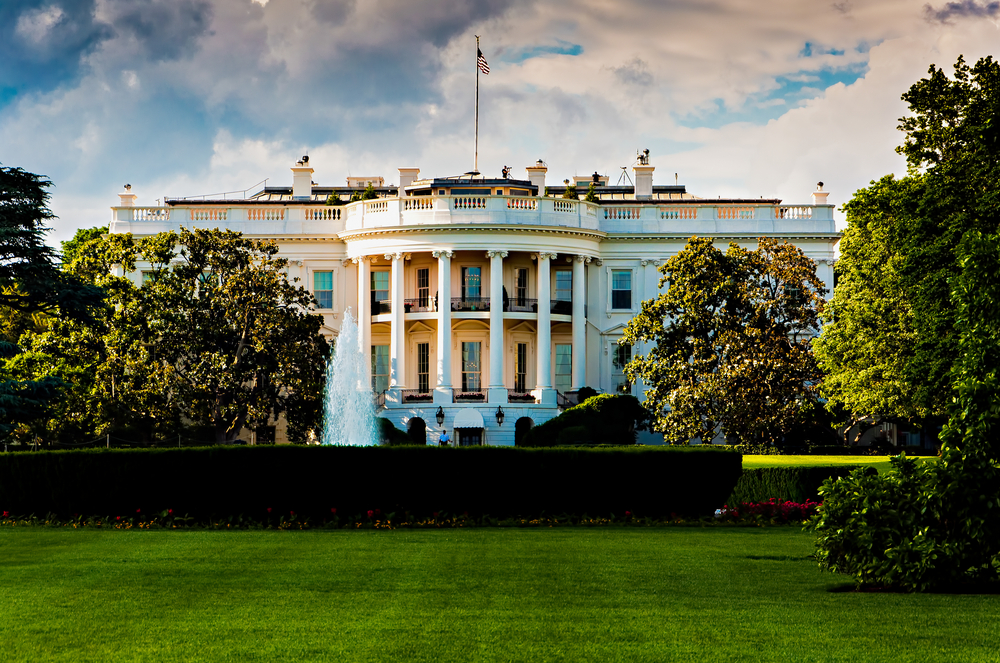
Many Americans look forward to Presidents’ Day as a time to enjoy sales events and long weekends. However, beyond the commercial aspect lies a deeper significance to this holiday.
The celebration of Presidents’ Day goes beyond honoring individuals; it serves as a reminder of the values and principles that have guided the nation throughout its history.
This observation prompts reflection on the role of leadership in shaping a country and the enduring impact of presidential decisions on society.
Key Takeaways
- Presidents’ Day evolved from honoring Washington to celebrating all U.S. presidents.
- The holiday promotes civic engagement and reflects on U.S. history.
- It has official federal recognition and impacts long weekends and retail sales.
- Various states have laws designating Presidents’ Day as a legal holiday with unique observances.
Origin of Presidents Day
Presidents’ Day originated as a federal holiday to honor George Washington’s birthday before evolving to celebrate all U.S. presidents. Initially, the holiday focused solely on commemorating Washington, with festivities primarily held in his home state. However, over time, this day transformed into a nationwide celebration encompassing all presidents of the United States.
In 1879, the federal government introduced the holiday to pay tribute to George Washington, the first president of the nation. This recognition of Washington’s birthday laid the foundation for what would later become known as Presidents’ Day. The Uniform Monday Holiday Act played a pivotal role in establishing the modern observance of the holiday and led to the official renaming of the celebration as Presidents’ Day to honor all presidents.
As Presidents’ Day evolved, it not only served as a way to honor the leaders of the country but also became a symbol of national unity and pride. The transition from a day dedicated to Washington to a celebration of all presidents highlights the significance of leadership and the presidency in American history.
Evolution of the Holiday
The evolution of the holiday from a singular focus on George Washington to a broader celebration of all U.S. presidents reflects a dynamic shift in national commemoration practices. Initially established to honor Washington’s birthday, the holiday gradually transformed into a day to recognize the contributions of all presidents. This shift occurred over time as the nation sought to embrace the legacies of various leaders who’d shaped American history.
As the holiday expanded to encompass all presidents, it became a more inclusive and representative occasion for Americans to come together in celebration. This evolution allowed for a more comprehensive reflection on the presidency as an institution and the diverse individuals who’ve held that esteemed position.
Significance of Honoring Presidents
Honoring the leaders of the nation serves as a testament to the enduring impact of their leadership on American history and society. Presidents’ Day holds significance in recognizing the pivotal role each president has played in shaping the nation’s course. It’s a time to reflect on the accomplishments and challenges faced by these leaders, highlighting their contributions to the growth and development of the United States.
Traditions and Celebrations
Celebrations and traditions surrounding Presidents’ Day encompass a variety of activities and events across the United States. From the association of cherry pie with the holiday, inspired by the legend of George Washington, to the evolution of corporate closures until the late 1980s, the holiday holds a special place in American culture. Specific celebrations can be found in Washington’s hometown of Alexandria, Virginia, where historical decorations and events take place. Cities like Los Angeles and New York also host unique festivities, reflecting on the historical significance of the nation’s leaders.
Moreover, community celebrations such as parades, festivals, and educational events are common across the country. In cities like Laredo, Alexandria, Eustis, and Denver, residents come together to commemorate the contributions of past presidents. Additionally, sports events like the NBA All-Star festivities and the Daytona 500 are often associated with the long holiday weekend, adding to the spirit of celebration and unity during Presidents’ Day.
Impact of Presidents Day on Society
Presidents’ Day serves as a unifying national holiday that influences various aspects of American society. This holiday not only honors the legacy of past presidents like George Washington and Abraham Lincoln but also plays a significant role in shaping societal norms and values.
By celebrating the achievements and contributions of these leaders, Presidents’ Day fosters a sense of national pride and unity among Americans. It promotes civic engagement by encouraging citizens to reflect on the history of the United States and the impact of presidential decisions on the nation’s trajectory.
Additionally, Presidents’ Day has practical implications, such as creating long weekends that boost retail sales and stimulate the economy. Overall, this holiday serves as a reminder of the importance of leadership, democracy, and patriotism in American society, reinforcing the shared values that bind the nation together.
Frequently Asked Questions
What Are Some Lesser-Known Facts About the Personal Lives of U.S. Presidents That Are Often Overlooked on Presidents’ Day?
On Presidents’ Day, people often overlook the personal lives of U.S. presidents. Lesser-known facts like hobbies, family dynamics, and quirks reveal the human side of these leaders, adding depth to their legacies.
How Have Cultural Perceptions and Depictions of U.S. Presidents Evolved Over Time and Influenced the Way Presidents’ Day Is Celebrated?
Cultural perceptions of U.S. presidents have evolved, shaping Presidents’ Day celebrations. Depictions in media, education, and public opinion influence the holiday’s observance. Over time, these views impact how Americans honor and commemorate the nation’s leaders on this significant day.
Are There Any Controversial Aspects or Debates Surrounding the Observance of Presidents’ Day That People May Not Be Aware Of?
There are debates over the observance of Presidents’ Day, including discussions on the holiday’s original focus on George Washington, its shift to honoring all presidents, and whether it adequately recognizes each leader’s contributions.
How Do Other Countries View and Interpret the Celebration of Presidents’ Day in the United States?
Other countries view Presidents’ Day as a celebration of U.S. leadership and history. They interpret it as a day to honor American presidents and reflect on their impact on the nation. The holiday symbolizes democracy and patriotism.
Are There Any Unique or Unusual Traditions Related to Presidents’ Day That Are Specific to Certain Regions or Communities Within the U.S.?
In various regions of the U.S., specific Presidents’ Day traditions emerge. From cherry pie festivities in some areas to unique parades and educational events in others, diverse customs showcase community pride and celebration.
Conclusion
In conclusion, Presidents’ Day serves as a meaningful holiday in the United States, honoring the contributions and legacies of the nation’s leaders. From its origins in commemorating George Washington to its current celebration of all presidents, the holiday fosters a sense of patriotism and unity among Americans.
Through traditions, reflections, and celebrations, Presidents’ Day continues to play a significant role in promoting civic engagement and national pride.







